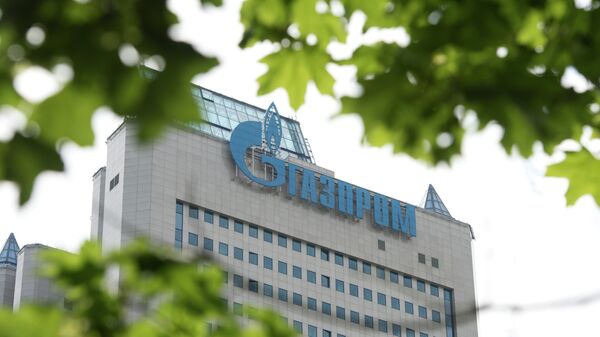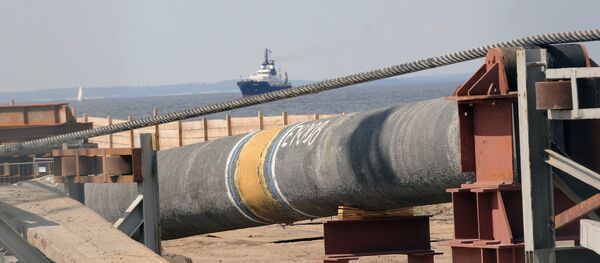"The anticipated award of additional capacity via the European capacity platform PRISMA does not provide exclusive rights for Gazprom. Rather, the award procedure corresponds to the general network access regime, thus other companies can also participate in the capacity auctions. In Bundesnetzagentur's view, the underlying regulations therefore strengthen competition. The security of gas supply is not endangered by this," Michael Reifenberg said, asked if Poland's claims were reasonable.
According to the agency’s spokesman, the increased use of OPAL by Gazprom depends on the Russian company’s ability to acquire further capacity from the pipeline operator.
"The award of additional capacity is subject to the general network access regime. The capacity will be auctioned via the European capacity platform PRISMA. The Bundesnetzagentur assumes that relevant auctions will take place shortly. It is not for the Bundesnetzagentur to assess whether and to what extent Gazprom will successfully participate in such auctions," Reifenberg added.
German regulator Bundesnetzagentur approves of the decision of a German court to lift the injunction on Russia energy giant Gazprom’s use of OPAL gas pipeline's capacities, the agency's spokesman told Sputnik on Monday.
On Friday, the Higher Regional Court of Duesseldorf struck down provisional measures that put a freeze on Gazprom’s access to a larger share of OPAL capacity via auctions, which were enacted following a complaint by Poland’s state-run oil and gas company PGNiG.
"The Bundesnetzagentur welcomes the decision of the Higher Regional Court of Duesseldorf, with which the Court has followed an application from the Bundesnetzagentur. As a result, additional transport capacity will be offered to the whole of the gas market in accordance with the generally applicable European network access conditions, which is to be very much welcomed. In particular vis a vis the Czech market, firm and freely allocable capacity will be offered which could not have been offered to the market under the conditions of the exemption," Michael Reifenberg said.
In October 2016, the European Commission decided to grant Gazprom access to an increased share of the capacity of the OPAL pipeline, which is used to deliver Russian gas to Germany and the Czech Republic.
In December 2016, the European Court of Justice suspended the European Commission's October decision to give Gazprom access to an increased share of the pipeline’s capacity, following the complaint of Poland’s state-controlled oil and gas company PGNiG.
The OPAL pipeline connects Europe’s gas transportation network with the Nord Stream pipeline, which was built in 2010 to supply Russian gas along a Baltic Sea pipeline to northern Germany.



